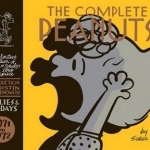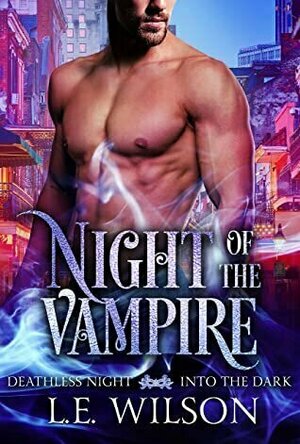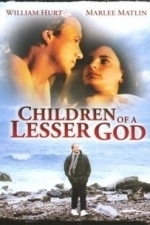Mama Rose's Turn: The True Story of America's Most Notorious Stage Mother
Book
Hers is the show business saga you think you already know--but you ain't seen nothin' yet. Rose...
Mel Brooks FAQ: All That's Left to Know About the Outrageous Genius of Comedy
Book
Born to be the centre of attention, Mel Brooks grew up learning the ropes of entertainment in the...
Must Close Saturday
Book
The ominous announcement "Must Close Saturday" too often heralded the demise of British musicals....

Bookends
Book
On the heels of her national bestsellers Jemima J and Mr. Maybe, British sensation Jane Green...

The Complete Peanuts 1971-1972: Volume 11
Charles M. Schulz and Kristin Chenoweth
Book
Peanuts surges into the 1970s with Schulz at the peak of his powers and influence: a few jokes about...
Marc Riley recommended The Lamb Lies Down On Broadway by Genesis in Music (curated)
LoganCrews (2861 KP) rated Children of a Lesser God (1986) in Movies
Sep 19, 2020
Heather Cranmer (2721 KP) created a post
May 28, 2020

The Mother of Black Hollywood
Book
From her more than three hundred appearances for film and television, stage and cabaret, performing...

Night of the Vampire (Deathless Night - Into the Dark #1)
Book
Killian walked into my new voodoo shop late one night with an urgent request - he needed me to heal...
Paranormal Romance Vampires Witches


